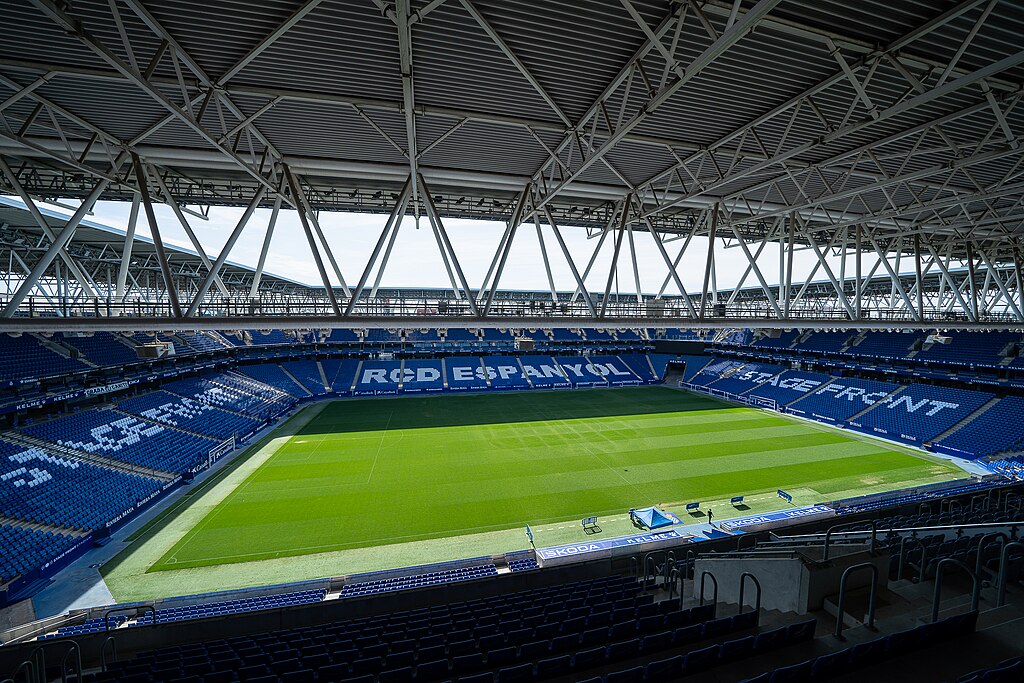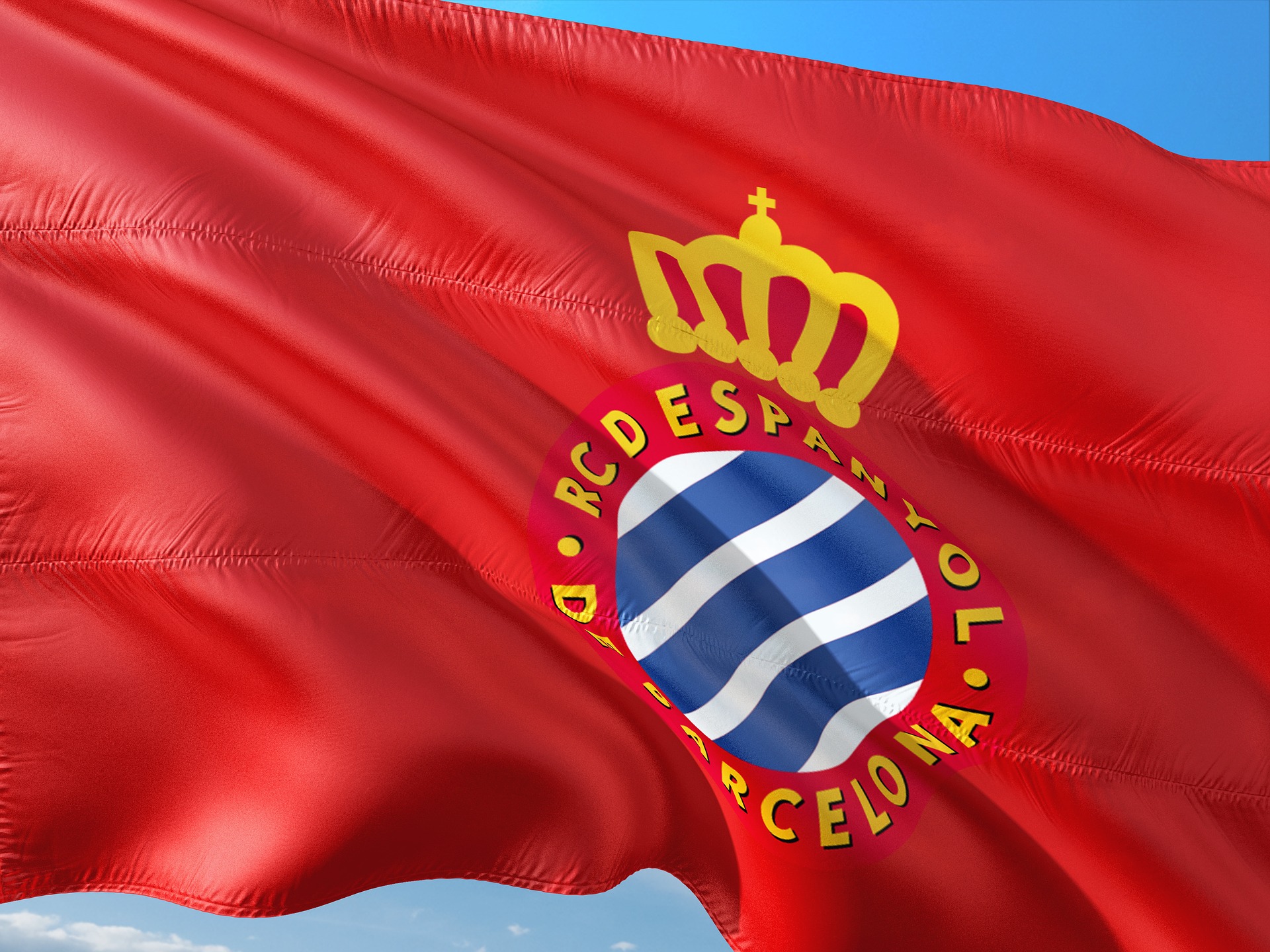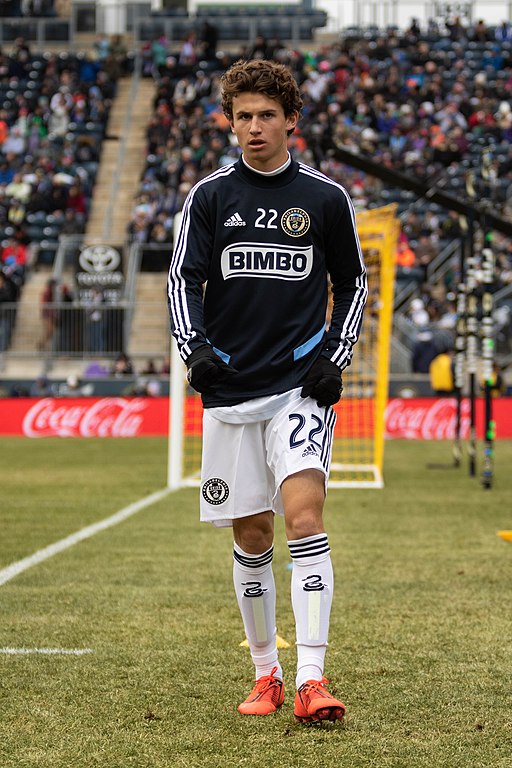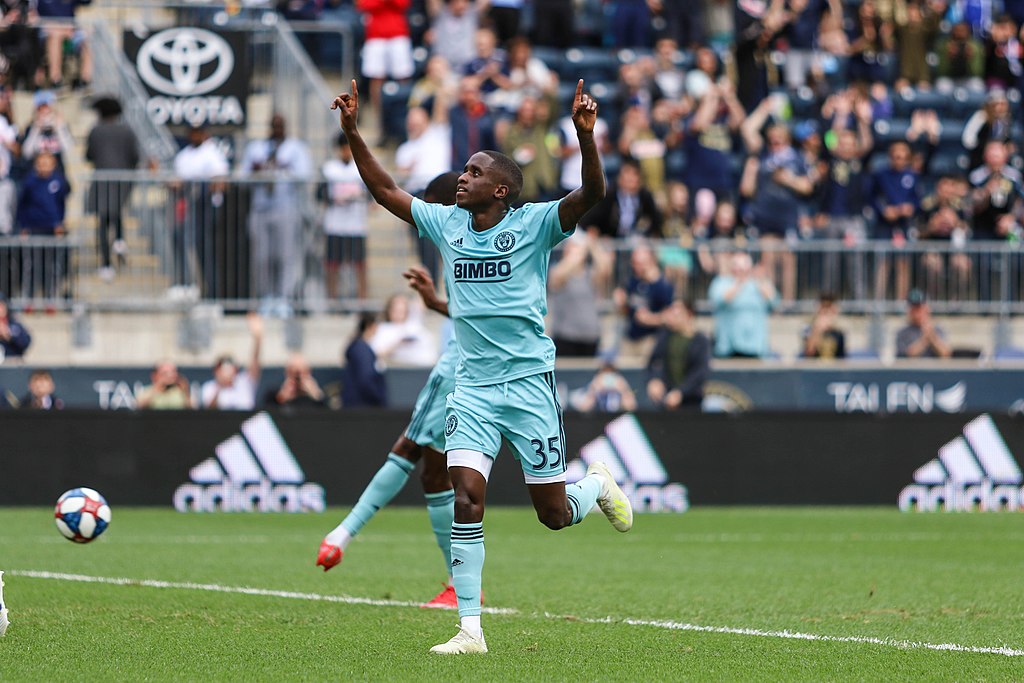
Last week, Real Club Deportiu Espanyol de Barcelona, better known simply as RCD Espanyol, welcomed representatives from MLS side Philadelphia Union. Steve Graham, the brother of Richie Graham, who is one of the biggest investors in the Union, met with the Segúnda Division side’s CEO, Mao Ye Wu. As Espanyol’s official statement put it, the two “discussed their respective academy setups, leagues and business models,” noting that Graham “was impressed with the Stage Front Stadium, the facilities and their operation.”
What inspired the meeting was a matchup between the club’s academy sides.
At the end of March, Philadelphia’s u16s had been invited to the IberCup Cascais, a youth tournament held in Portugal. Along the way, they fought bravely to get results against the likes of Atlético Madrid and KAA Gent, reaching the tournament’s final — where they ultimately lost to Deportivo de La Coruña. After that, they toured Spain, playing friendlies against some of Spain’s top academies, notably Real Sociedad, Athletic Bilbao, and, of course, Espanyol.
On April 16th, Philadelphia stopped in Barcelona to play Espanyol’s u16s at the Ciutat Esportiva Dani Jarque — home of Espanyol’s reserves and women’s team. It was a hard-fought match, but Philadelphia won in the end, recording a narrow 1-0 victory.
I reached out to Espanyol for comment on the visit, and Andrés Merello, the club’s Media Relations Manager, stated that Espanyol had extended an invitation to Graham while the club was in town. He had the chance to visit Stage Front Stadium — also known as the Estadi Cornellà-El Prat — and meet with Mao Ye Wu. Not much is known outside of that information, but the official statement said the two discussed “their respective academy setups, leagues and business models.” Merello confirmed that this was one of the reasons for the invitation.
This might not seem like a big deal — investors and representatives meet with clubs frequently, and it usually doesn’t mean much. However, contact between clubs is increasingly important in this day and age, with clubs seeking affiliates, partners, investors, or simply positive relationships due to the game’s growing globalization.
While I could not confirm whether this meeting had any implications for the future, don’t be surprised if these two clubs partner up again in the future, whether simply for a youth match or a friendly, or something bigger.
Espanyol and Philadelphia are similar in many ways. They aren’t necessarily the richest clubs in their respective regions and countries, nor the most successful — they have to find ways to compete with the clubs that are. Both clubs have seen some of their top players be lured elsewhere in recent years, looking for more money and prestige. Increasingly, this means they have to turn to their academies and produce their own talent, or scout for lesser-known future stars.
Both academies have produced some top talents over the years. For Philadelphia, this includes the likes of Brenden Aaronson and Mark McKenzie, while Espanyol’s list of accomplished academy graduates includes Pau López and Marc Roca. Roca and Aaronson would later link up at Leeds United, playing 30 matches together. (They both left after Leeds was relegated, with Roca joining Betis and Aaronson heading to Union Berlin).
Even if there isn’t a future relationship here, this meeting still shows the work the two clubs are doing. Espanyol is connecting with American clubs, something which many European clubs have been far too hesitant to do. Philadelphia, meanwhile, is getting recognition from a major club for their work with the academy and their player development.
In a separate statement, Espanyol acknowledged that the MLS club “stands out for its development of local talent and has a strong fanbase committed to the local community.”
–
Image via RCD Espanyol de Barcelona, CC BY-SA 4.0, via Wikimedia Commons.







